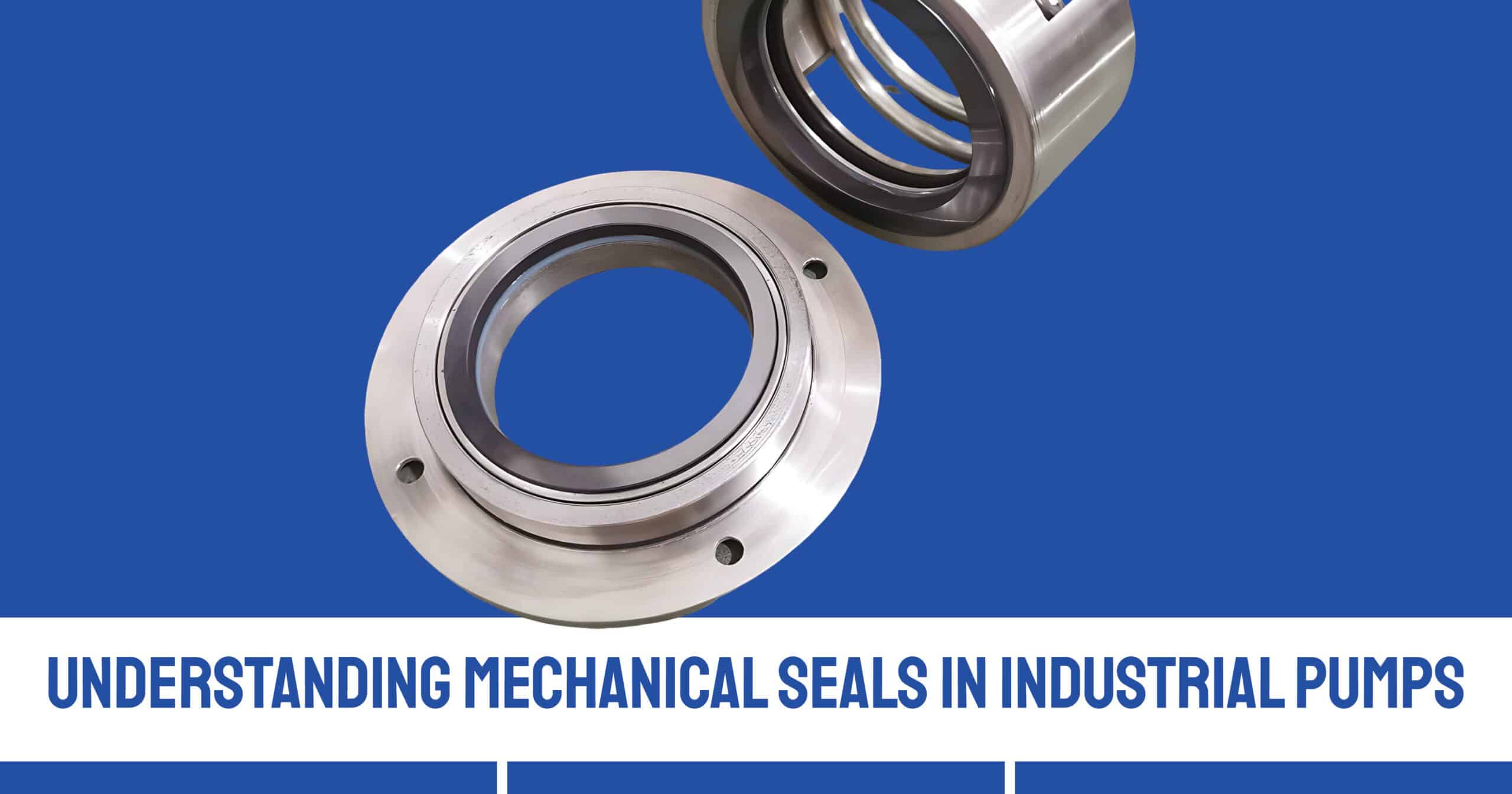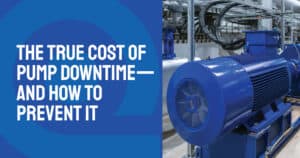In any industrial pump system, maintaining efficiency and preventing leaks are top priorities. One of the most critical components to achieve this is the mechanical seal. Although relatively small in size, a mechanical seal plays a major role in a pump’s reliability, performance, and safety. Understanding how mechanical seals function and why their condition matters can help plant managers and maintenance teams prevent costly downtime and extend equipment lifespan.
What Is a Mechanical Seal?
A mechanical seal is a device that prevents fluid from leaking out of the pump along the rotating shaft. It creates a tight seal between the rotating shaft and the stationary pump housing. Unlike traditional packing seals, which rely on compression around the shaft, mechanical seals use precision-lapped seal faces and controlled fluid films to provide a more advanced, effective method of sealing.
Mechanical seals are typically made up of two primary sealing surfaces: one that rotates with the shaft and one that remains stationary. These surfaces are held together under spring tension and lubricated by a thin film of fluid, which reduces friction and wear. Many different types of mechanical seals with special configurations and materials are suitable for a variety of equipment and applications. It’s important to select the best seal for your specific requirements.
Why Seal Performance Matters
When a mechanical seal begins to fail, the consequences can be immediate and severe. Leaks are the most visible sign of seal degradation, but performance loss often starts long before fluid appears outside the pump. A failing seal can lead to:
- Product Loss: Leaks result in wasted product, especially in chemical or food processing applications.
- Environmental Hazards: Seal failure can allow hazardous fluids to escape, creating safety and compliance concerns.
- Pump Damage: If the seal allows air into the system or permits fluid to escape, cavitation or dry running can occur, damaging the pump’s internals.
- Increased Energy Use: Worn seals can increase system resistance, forcing pumps to work harder and consume more power.
A well-maintained mechanical seal preserves pump efficiency and prevents contamination or loss of product, ensuring safe and cost-effective operation.
Factors That Affect Seal Life
Several factors can influence how long a mechanical seal lasts, including:
- Pump Alignment: Misalignment between the pump and motor can place stress on the seal.
- Vibration: Excessive vibration wears down seal faces more quickly.
- Temperature and Pressure: Operating outside of design parameters can accelerate seal failure.
- Fluid Characteristics: Abrasive or corrosive fluids require specific seal materials to prevent degradation.
For the best seal performance, it’s essential to choose the correct type of seal for the application and operating conditions.
Your Mechanical Seal Experts
At DXP Quadna, we understand the role mechanical seals play in keeping your systems running efficiently. We help our clients select, install, and maintain the proper sealing systems for their specific pump applications. Whether you’re operating in oil and gas, water treatment, or general manufacturing, our technical team can improve reliability and reduce operational risks.
If you’re seeing signs of leakage, increased pump vibration, or want to proactively improve system reliability, it may be time to inspect your seals. Let DXP Quadna help you optimize your seal performance for long-term operational success. Contact us today.





